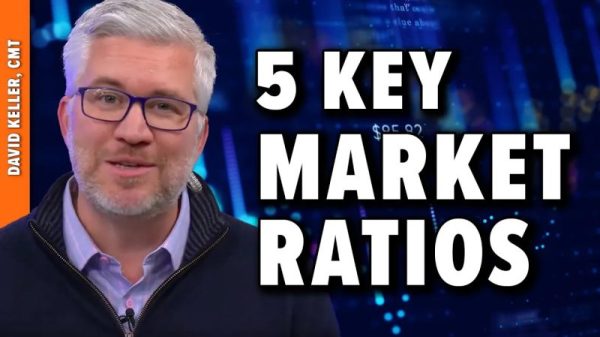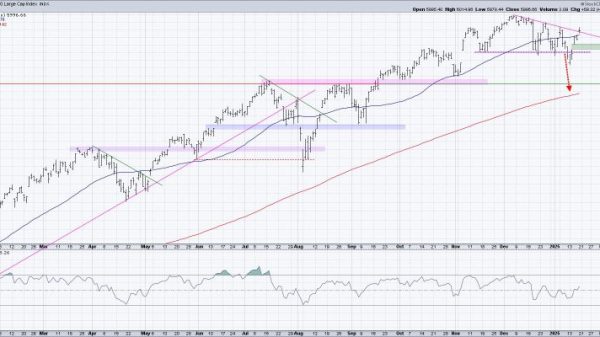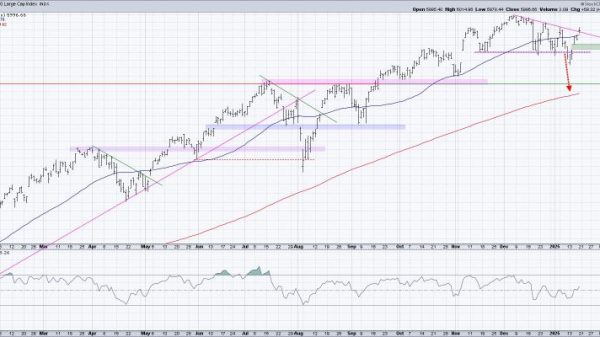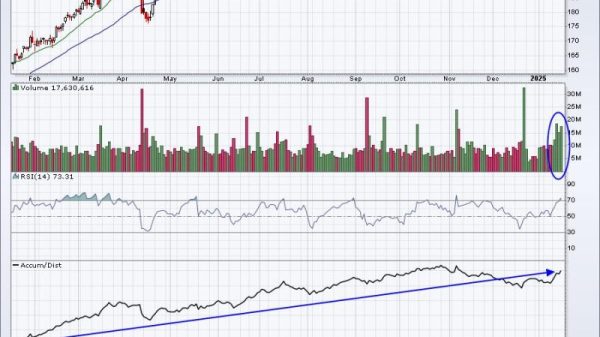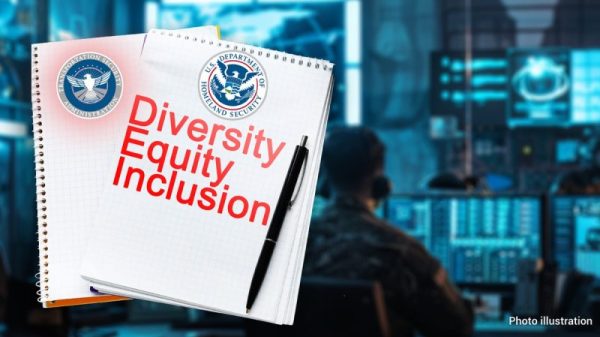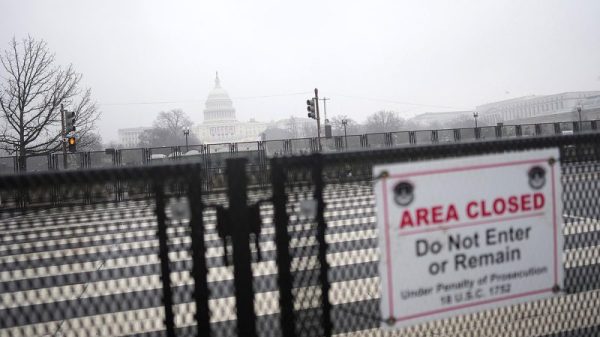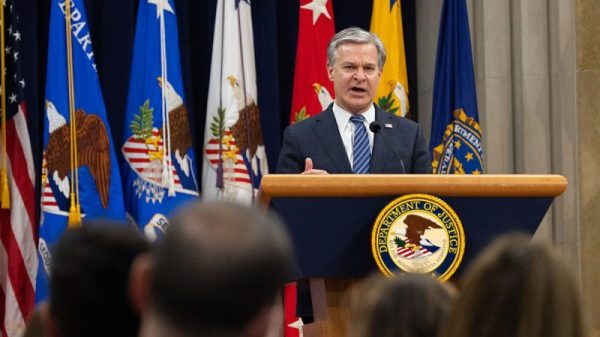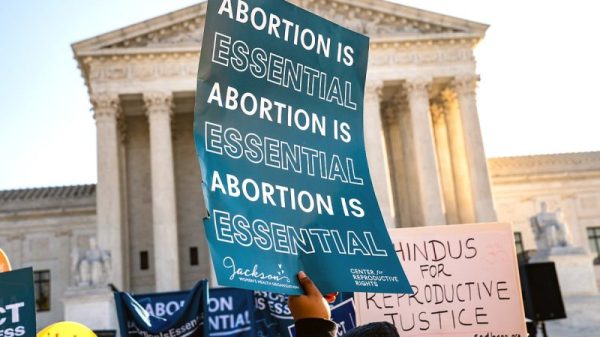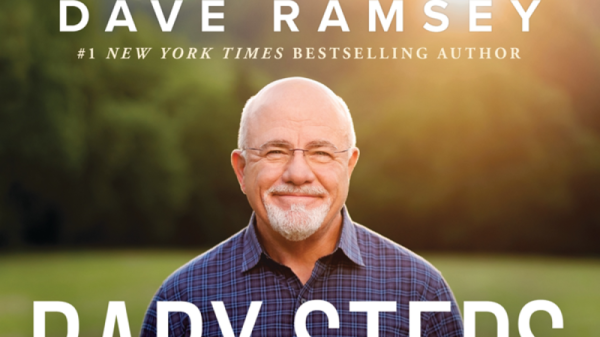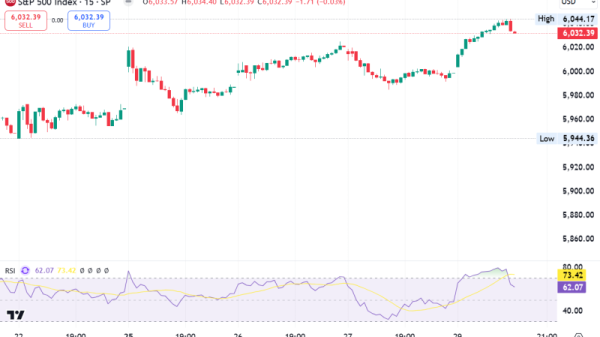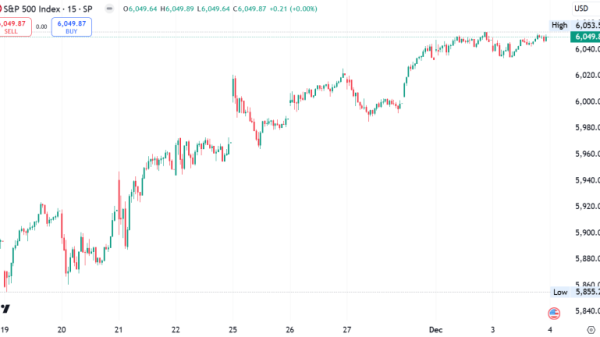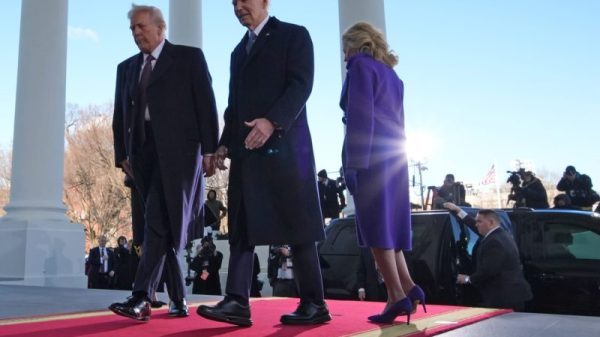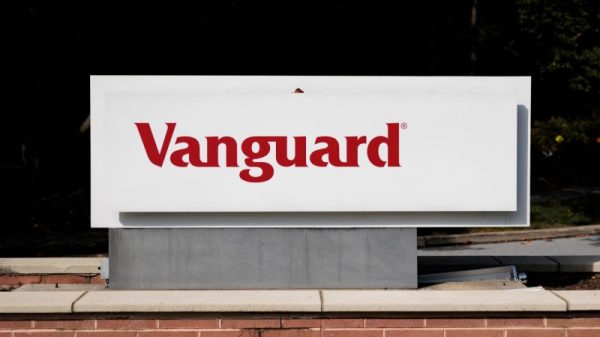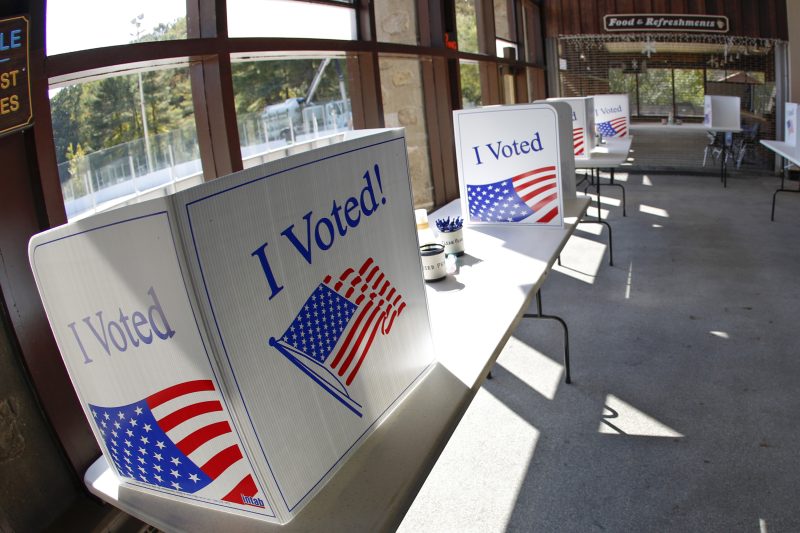Former president Donald Trump has never been particularly adept at masking his true feelings. He feels confident in his ability to close the deal, however robustly he’s previously undermined his position. So if he says something disadvantageous, he seems to believe that saying more things can get him back on track. So he just says stuff.
Sometimes, though, the stuff he says is more revealing than he intends. As were the comments he made on social media early Monday.
The post on Truth Social offered a lot of the standard excoriations and complaints: His opponents for the 2024 Republican nomination were bad for various reasons, the left is dangerous, the right is ineffectual, etc. What’s important about the post was the predicate for this standard sales patter: the announcement of Pennsylvania Gov. Josh Shapiro (D) that recipients of a driver’s license in the state would be automatically registered to vote.
“The Radical Left Governor, Josh Shapiro, has just announced a switch to Automatic Voter Registration, a disaster for the Election of Republicans, including your favorite President, ME!” Trump wrote. “This is a totally Unconstitutional Act, and must be met harshly by Republican Leadership in Washington and Pennsylvania.”
He’s said things like this before. In early 2020, Trump declared that legislation aiming to expand voting access in light of the pandemic would lead to “levels of voting that, if you ever agreed to it, you’d never have a Republican elected in this country again.” A week later, this time responding to a Fox News broadcast, he asserted that easier voting thanks to mail-in ballots had “[t]remendous potential for voter fraud, and for whatever reason, doesn’t work out well for Republicans.”
But that was before his breathless effort to retain power despite losing that year’s presidential election. His baseless claims about the threat of fraud from mail-in ballots did not manifest, though he insisted they did. In the absence of any credible evidence of widespread fraud, though, he and his allies shifted their rhetoric: The problem was perhaps less that fraud occurred than that the system had been rigged against him. This was a useful claim because it was vague; things like accurate reporting on his presidency could be presented as an Elite Plot to ensure that he lost.
Most often, though, the “rigging” allegation centered on the expansion of voting mechanisms prompted by the pandemic. Trump and allies such as attorney John Eastman railed against Pennsylvania’s effort to make it easier to cast a ballot by mail as an unconstitutional disadvantaging of the incumbent president; that the change was made by the Republican legislature before the pandemic and validated by the state Supreme Court has seemingly offered little cause for adjustment of this position.
When Wisconsin’s conservative-majority Supreme Court determined in 2022 that the state couldn’t allow ballot drop-boxes (which had been used in 2020), Trump and his allies hyped the decision as validating their allegations about the security of the election. In reality, there’s no evidence that any significant fraud was committed in 2020 through mail ballots or drop-boxes, but — as with that social media post about the “tremendous potential” for fraud — it was useful to imply that these systems were dangerous because Trump felt that they gave an advantage to Democrats. Just as he thinks Pennsylvania’s new voter-registration process does — though, in this case, he doesn’t allege that it will foster fraud.
It’s worth ruminating on that for a second. Trump is simply stating that increasing the number of registered voters will be bad for his party. He and his allies will unquestionably interlace some post-hoc claims about the threat of fraud, claims that Trump has done more than anyone to both amplify and expose as unfounded. But he didn’t make that claim on Monday morning. He just complained that having more voters would mean more Democratic victories.
This isn’t necessarily true, of course. But it is often the case that voting groups that vote more heavily Democratic are less likely to be registered to vote. Young people and less wealthy Americans, for example, are more likely to rent homes. When they move, they often need to re-register to vote — and then find their new voting place. Elections systems are often built to make it easier for frequent voters to cast ballots, and infrequent voters often skew Democratic. In April, I looked at the number of polling places stationed at senior centers and senior living communities; there were one-and-a-half times as many as there were at colleges and universities nationally.
Trump’s argument is very much in keeping with his approach to elections in general. Theoretically, federal elections are intended to capture the sentiments of as much of the adult citizen population as possible. In practice, both parties are often happy to have their opponents’ voters stay home. (In the wake of his 2016 victory, for example, Trump celebrated low turnout from Black voters.) It’s not common, though, for a presidential candidate to simply deride an effort to get more people to vote as politically disadvantageous.
The argument is fundamentally anti-democratic: Having more people weigh in on candidates reduces our party’s power and therefore should not be allowed. Republicans have spent decades hyping the idea that voter fraud is common (which it isn’t) because raising the idea of stealing votes is a more palatable way of opposing expansions to voting than simply saying they want to disadvantage Democrats. (Sometimes, even before Trump, the mask slipped.)
There’s another way to look at Trump’s disparagement of the effort in Pennsylvania. The system, as it stands, is rigged in a way that allowed Trump to win in 2016. It’s likely that Trump’s 2020 loss was a function of his unpopularity more than it was the changes in voting systems, but Trump would obviously rather blame those systems. So he claims that allowing more people to vote was rigging the election when it is probably more fair to describe it as unrigging a system that made it harder for many Americans to vote. Trump is very eager that it not be unrigged further.
What 2020 proved is how rare voter fraud or illegal voting is, even in an election in which it was made easier than ever to cast a ballot by mail. No election has been more scrutinized; no exceptional, significant or systemic illegality was found.
But Trump likes having it be hard for new voters to vote. He thinks, as he said on social media, that this helps him and his party. And given that the other lesson from 2020 was his lack of interest in respecting the democratic choices of the electorate, it comes as no surprise that he takes this position on the effort in Pennsylvania.
His allies in the state, putting on the familiar mask, argued that the move undermines confidence in the results. Trump didn’t bother.





